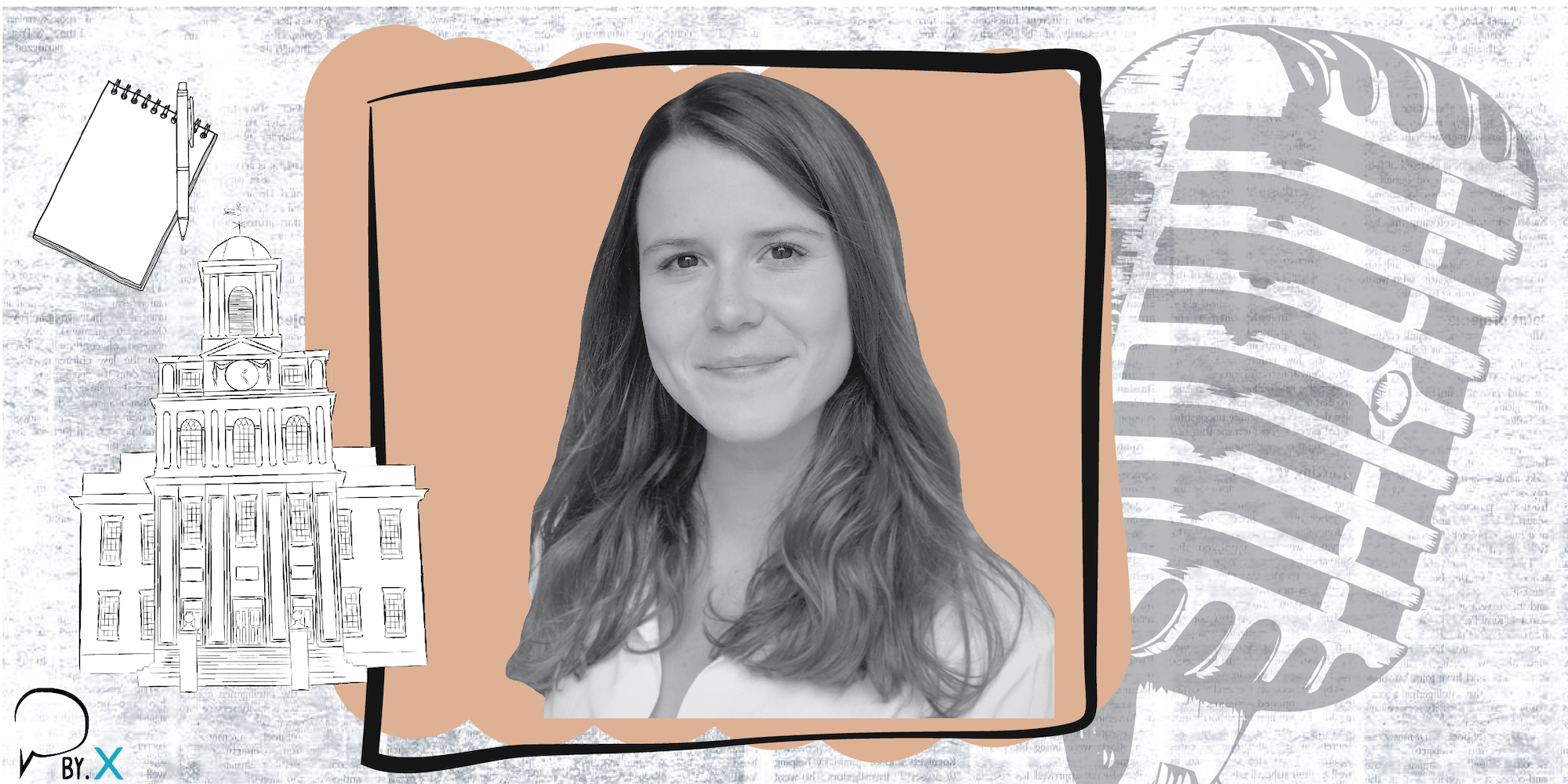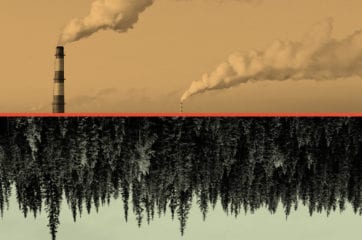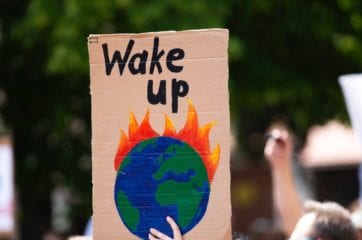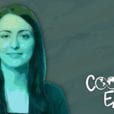Nearly everything we understand about global warming today was known in 1979. By that year, data collected since 1957 confirmed what had been theorized since before the turn of the 20th century: Human beings have altered Earth’s atmosphere mainly through the burning of coal, oil and gas. Frankly, the science is not especially complicated – it can be reduced to the “greenhouse gas effect”. Simply put, the more carbon dioxide in the atmosphere, the warmer the planet. And every year, by burning fossil fuels, we continued to pump carbon dioxide into the atmosphere.
So, if we have known at least that much for nearly forty years, how have we continued to burn these fuels, and ended up relying on petrochemicals for all sorts of other things, too. And how are we still at a stalemate when it comes to taking meaningful climate action? This is the question we started with when we had an idea to dedicate a whole season of the podcast to one topic.
Our hypothesis was that this had a lot to do with communication. How have we spread the word about the climate crisis, and more importantly, where have we gone wrong in doing so. Talking about climate change in a way that inspires collective action has proven very difficult, and we’ve run into many challenges. Up until now, we have largely taken an approach to communicating the science of climate change that appeals to reason; it relies on sharing research and data, but we know that doesn’t work because reason is not what drives human behavior. We need to reexamine this approach, and look deeper into the psychology, ideology, biases, and everything else that is going on when we, as humans, receive and process information. As advocates, policymakers, or concerned citizens, it’s important that we take a moment to think through how we can best craft our message on this very crucial topic.
Stories about climate change are going to come from conversations we have with friends, family, colleagues – we need to all become multipliers of this message. And in order to do so, we need ourselves to think deeply about this issue and understand how it will affect us. So we need to think critically about what kind of story we are telling. Are we telling a story of despair and so-called inevitability? Are we telling a story about negative emissions, feedback loops, tipping points, or all of those other things most people don’t understand at all? Or are we telling a story of hope, possibility, and human agency? More importantly, are we making it clear when we talk about this that there are choices that we can make, which will determine what kind of future we are going to have.
For the past few months, I have had the chance to speak with impressive and inspiring people, all of whom think about these issues on a daily basis. It was important for me to not simply speak with them about their work and their knowledge, but to get to know a bit more intimately the things that move and inspire them. For the last episode of this season, I switched seats in our recording studio to be the interviewee and chat with Michael Green, Executive Director of Climate XChange about takeaways, lessons learned, and some reflections on the season.
Hope, as it turns out, is one of the most powerful tools we have to move people to take action. It is an emotion that can turn fear into something productive, and mobilize us in the kinds of numbers we will need in order to tackle the challenges we currently face.
There are so many opportunities in this space, and it is exciting to be able to be a part of the generation that gets a chance to re-imagine the future. There are so many aspects to the world as it is now that people agree are not optimal: our public transportation, the vulnerability of our electric grids, or how much our streets are flooding during storms. These are all things that, whether or not you believe in climate change, we need to address and can make us all better off if do so.
The most important thing is to recognize that solving climate change can and should help us address so many other issues that have, by history and design, left some of us worse off. So when we think about transportation, housing, urban planning, access to clean air and water, there has been a big element of social, racial and gender inequity. If we get to rethink these systems to make them resilient to climate change, we can also rethink them in a way that is equitable and better.
I ended every episode this season with the same question: what makes you hopeful for the future. It was in the responses to this question that I found some of the most valuable insights into where we are headed, and how to push us to get there. Hope, as it turns out, is one of the most powerful tools we have to move people to take action. It is an emotion that can turn fear into something productive, and mobilize us in the kinds of numbers we will need in order to tackle the challenges we currently face.
We will be releasing a full report with research, insights, and best practices around climate communication that compile findings from these interviews along with available data on the subject. Sign us to receive our newsletter here to get the report first hand.
If you haven’t already, catch up on this, and other seasons of our podcast on Spotify, iTunes, or right here on the website.









